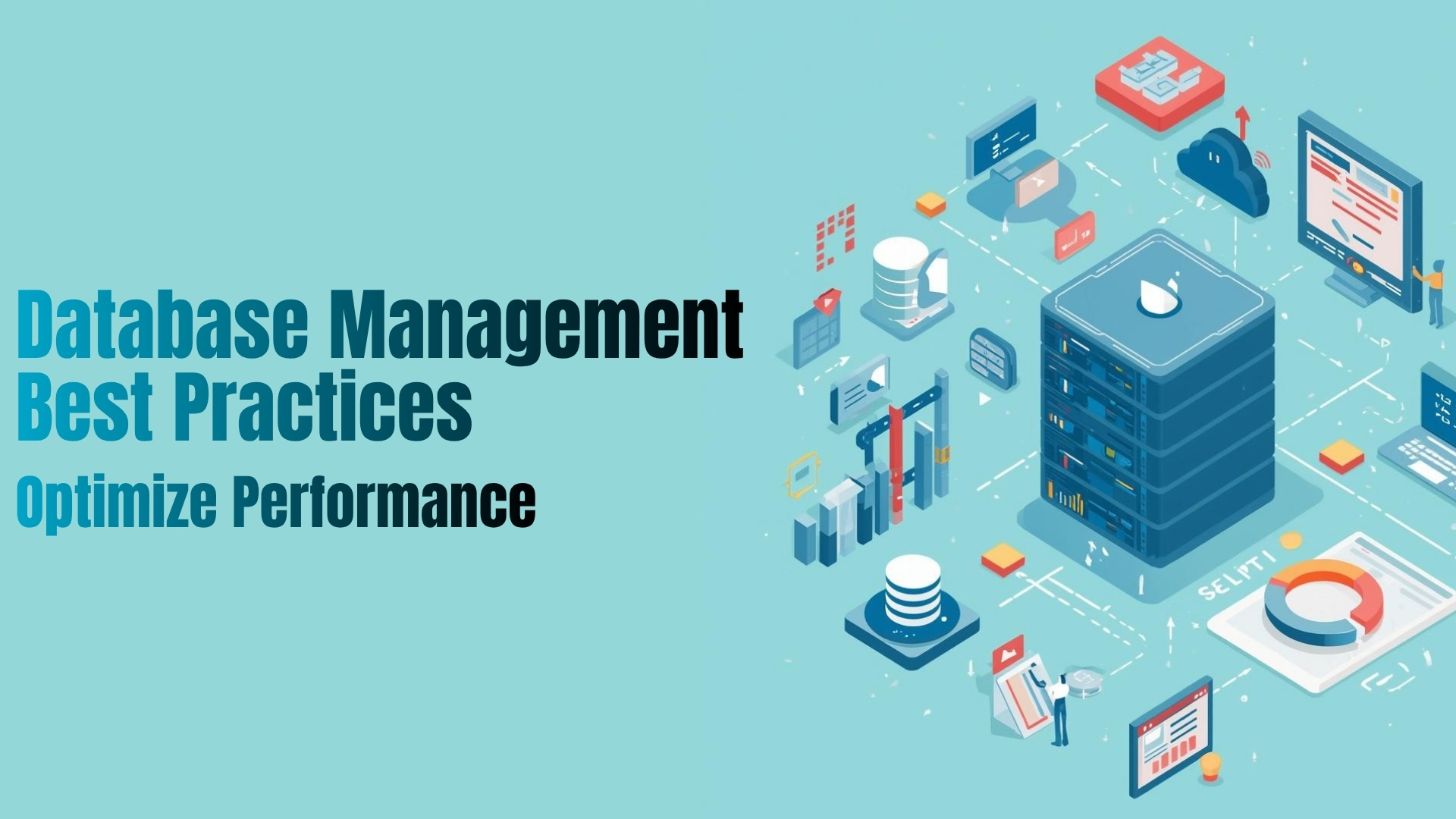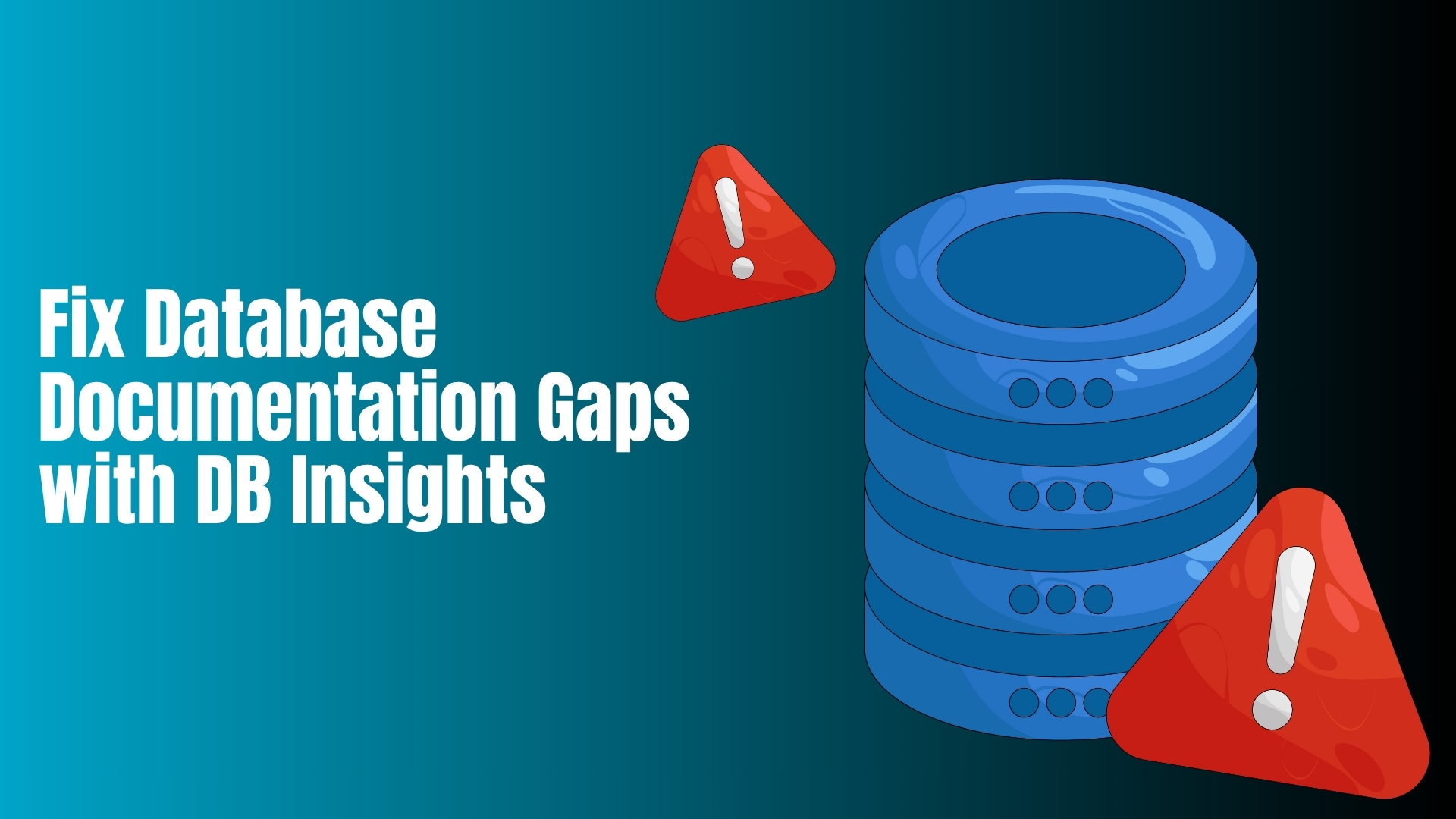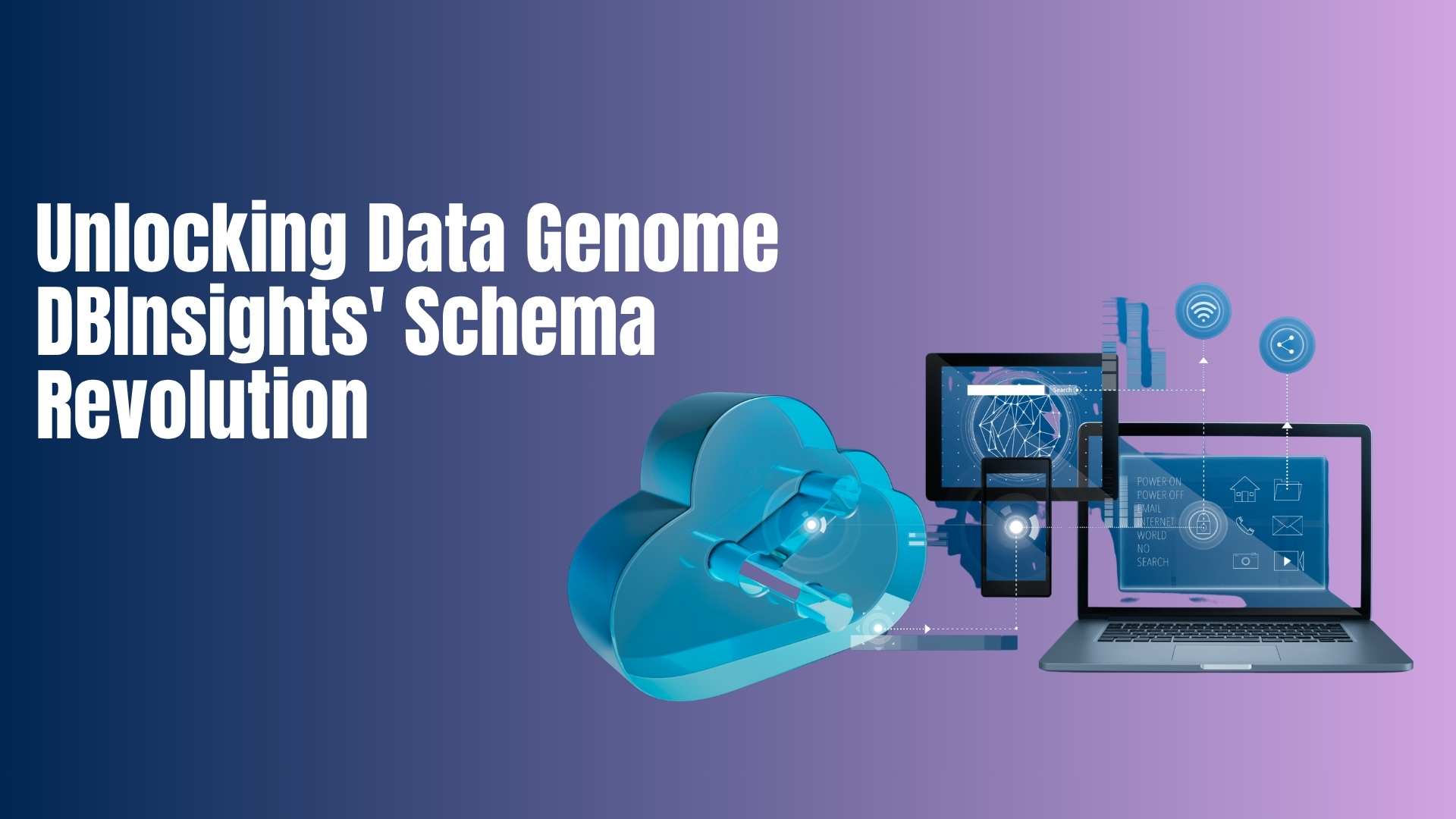In the rapidly evolving digital era, data is the backbone of every organization. From small startups to multinational corporations, databases are essential for storing, managing, and accessing valuable information. However, the sheer volume and complexity of data make it imperative to analyze databases effectively. Here’s why database analyzing is crucial:
Enhanced Decision-Making
Database analyzing provides organizations with insights into their operations, customer behavior, and market trends. By examining structured and unstructured data, businesses can make informed decisions that drive growth and efficiency.
Improved Data Quality
Analyzing databases helps identify and resolve inconsistencies, redundancies, and inaccuracies. High-quality data ensures that businesses rely on trustworthy information for their strategies.
Optimized Performance
A well-analyzed database reveals bottlenecks, such as slow queries or poorly indexed tables. Optimizing these elements improves system performance, ensuring faster and more reliable operations.
Compliance and Security
With stringent regulations like GDPR, HIPAA, and BAA, maintaining compliance is non-negotiable. Database analysis aids in identifying sensitive data, ensuring it is adequately protected and compliant with legal standards.
Cost Efficiency
Unused or poorly structured databases can lead to unnecessary storage and processing costs. Analyzing databases uncovers opportunities to streamline data management, reducing operational expenses.
In conclusion, database analyzing is not just a technical task but a strategic necessity. It empowers businesses to harness their data effectively, paving the way for innovation and success.





